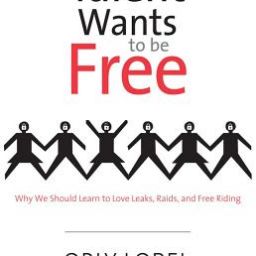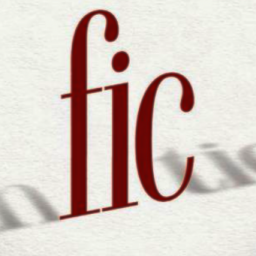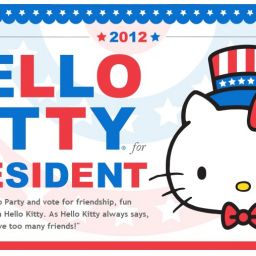So I was at a reception the other day, talking to someone about the internet and the free/gift economy and how it’s the inevitable future of a lot of industries, including journalism. The discussion invariably turned to Chris Anderson’s Free: The Future of a Radical Price and I talked up the book and Anderson’s theories.
“So you liked the book, then?” asked my colleague.
“No, not really.” I said, after a pause.
Considering my enthusiasm over Anderson’s last book, The Long Tail, and my own defense of the free/gift economy model on this very blog, my cool reception to “Free” surprised the hell out of me, too.
With all the hype and debate surrounding Chris Anderson’s book, months before it was even released, it’s no wonder that the backlash started less than a week after it officially hit bookstores. Earlier this year, the influential Wired editor and author of The Long Tail brought his thesis of giving products away as marketing strategy to South by Southwest and was greeted with as much skepticism as enthusiasm from attendees (myself included). So Malcolm Gladwell’s review of the book in the New Yorker summed up a lot of the overall criticism of the book, even before it was released:
Gladwell says:
Anderson’s reference to people who “prefer to buy their music online” carries the faint suggestion that refraining from theft should be considered a mere preference. And then there is his insistence that the relentless downward pressure on prices represents an iron law of the digital economy. Why is it a law? Free is just another price, and prices are set by individual actors, in accordance with the aggregated particulars of marketplace power. “Information wants to be free,” Anderson tells us, “in the same way that life wants to spread and water wants to run downhill.” But information can’t actually want anything, can it? Amazon wants the information in the Dallas paper to be free, because that way Amazon makes more money. Why are the self-interested motives of powerful companies being elevated to a philosophical principle?
It’s definitely a legitimate argument, goods, content and information don’t produce themselves in a vacuum. But in general, I think the backlash isn’t so much leveled at Anderson’s thesis in particular, but the very concept of “free.”
Even with the Radiohead/Nine Inch Nails model proving various level of success in the recording industry, the idea of giving away content and products as a marketing tool is tough to swallow, even as the shift to a digital economy has pretty much decimated the recording industry as we know it (and the news industry is not farther behind)
We’ve seen successful examples of how the gift economy model can help in very specific industries, but is this really enough to build a business philosophy around?
It’s too early to tell, but the fact is, as online users and creators, we’re gonna have to deal with the “Free” model as part of our everyday lives, in one way or another. Anderson’s book attempts to place this model into a broader historical and economic context, to prove that the concept isn’t as radical or new as some critics would like to write it off as.
In the past couple of years, the Long Tail has been adopted as a bible of the internet economy, bringing unique insight to the success to the success of existing e-commerce models introduced by Amazon and Apple’s iTunes. However, with “Free” Anderson seems to bite off more than he can chew.
“Just because products are free doesn’t mean that someone, somewhere isn’t making lots of money, or that lots of people aren’t making a little money each.” Anderson writes.
But most of the successful examples of Free that Anderson uses: Wikipedia, Radiohead, etc. involve “lots of people making a little money” which seems improbable to support a large scale economy, and Anderson doesn’t really address this in a significant way. Even as he acknowledges the “cost of zero cost” Anderson doesn’t really address the question of where the money comes from when it is time to pay, or how this model can work successfully for goods economies, where production costs are huge and unavoidable.
I’m not saying that Anderson’s “Free” doesn’t work. It can and it does. I wrote this article on my Linux-based netbook using the free Open Office software. And note the face that I bought a hardcover copy of Free, even after knowing it was available free of cost on Google Books. Many of Anderson’s examples, open source, Radiohead, Wikipedia are strong case studies for how this can be done, but case studies do not make a philosophy, the limitations and constraints of the model have not yet been put to the test, the potential flaws of this model seem much more evident in a global, goods driven economy, where abundance and scarcity exist in tandem, and Anderson’s impassioned defense of Free is not as critical as it needed to be.







What an odd coincidence that I’m reading this at the same time as I’m posting a menu, shopping list, and recipes on my blog for FREE! I’ve read other articles and reviews about the book, and I still don’t get it. An economy is, by definition, something that generates money, right? So, how can free be the new business model?